面向农民工的自助售票机优化设计毕业论文
2020-05-14 22:37:37
摘 要
二十一世纪以来中国城市化发展越来越快,理所当然,我国的铁路线路也迅速发展,单纯的人工窗口售票已经无法满足庞大旅客的需求。自助售票机应运而生,提供强大的自助购票,互联网购票和信息查询等功能。由于旅客的群体过于广泛而复杂,用户的认知水平也有所不同。自助售票机在推广的过程中虽然广受欢迎,但也遇到了许多问题。不可否认这些问题的产生更多出自自助售票机本身的设计缺陷。由于铁路发展过于快速,设计师在设计自助售票机时为了追求效率只专注于技术的实现,并没有考虑到人机互动。使许多缺少购票经验的旅客对自助售票机望而却步,更倾向于人工售票窗口购票。未来自助售票机交互设计将直接影响到自助设备的可依赖性,复杂的交互流程和不友好的人机界面将直接影响到铁路售票的效以及旅客的生活节奏。
自助售票机的优化设计不仅仅研究售票机的现状、技术,更重要的是关注使用者本身。本文以人为中心的设计作为设计理念,关注用户体验,根据典型用户做出相应的分析。其次,研究用户的认知特性和行为习惯,分析目标人群的需求。最后,研究自助售票机的交互流程和界面设计,从而产生出一个操作简便、功能全面的自助售票机。
关键词:自助售票机;用户研究;功能;流程;交互设计
Self-service Ticket Machine Optimization Design For Farmers
Abstract
Since twenty-first Century, the development of China's urbanization is getting faster and faster, of course, China's railway line is also rapid development, the simple artificial window ticketing has been unable to meet the needs of large passenger. Self-service ticketing machines came into being, providing a powerful self-service ticketing, Internet Ticketing and information inquiries and other functions. Due to the extensive and complex group of passengers, the user's cognitive level is also different. Self-service ticketing machines in the process of promotion, although widely popular, but also encountered many problems. Can not deny that these problems are more from the self-service ticketing machine itself design defects. Due to the rapid development of the railway, designers in the design of self-service ticketing machines in order to pursue efficiency only focused on the realization of the technology, and did not take into account the human-computer interaction. Many of the lack of experience of the passengers on the self-service ticketing machines, and more inclined to artificial ticket window ticket. Future self-service ticketing machine interaction design will directly affect the self-service equipment, the dependence of complex interactive processes and unfriendly man-machine interface will directly affect the efficiency of the railway ticketing and passenger life rhythm.
The optimization design of the self-service ticketing machine not only studies the status and technology of the ticket machine, but also pays more attention to the users themselves. This paper takes the human centered design as the design idea, pays attention to the user experience, and makes the corresponding analysis according to the typical user. Secondly, the study of the user's cognitive characteristics and behavioral habits, analysis of the needs of the target population. In the end, the interactive process and interface design of the self-service ticketing machines are studied, which can produce a simple, convenient and comprehensive self-service ticketing machine.
Key words: Ticket vending machine; User research; Function; Floe path; Interaction design
目 录
摘要…………………………………………………………………………………I
ABSTRACT…………………………………………………………………………II
第一章 产品调研 1
1.1 市场调研 1
1.1.1 自助售票机发展概述 1
1.1.2自助售票机的行业概况 1
1.1.3自助售票机及其他自助售票终端分析 2
1.1.4市场调研小结 4
1.2 技术调研 5
1.2.1自助售票机的功能和原理 5
1.2.2自助售票机的结构分析 5
1.2.3自助售票机的软件系统 5
1.2.4材料与工艺分析 6
1.2.5常见付款方式 7
1.2.6技术调研小结 8
1.3 人机调研 8
1.3.1自助售票机人机工程分析 8
1.3.2结构与流程设计分析 10
1.3.3流程设计分析 10
1.3.4界面布局设计分析 12
1.4 用户调研 13
1.4.1用户类型 13
1.4.2用户需求分析 14
1.4.3用户调研小结 15
1.5 造型功能调研 15
1.5.1产品的造型设计要求 15
1.5.2产品的风格 15
1.5.3产品的造型分析 15
1.5.4调研小结 16
1.6产品设计定位 16
第二章 方案设计 18
2.1 前期方案设计 18
2.2 中期方案设计 19
2.3 后期方案构思 20
2.4 最终方案(效果图) 21
第三章 结构设计 22
3.1 外观三视图 22
3.2 产品总装图 22
3.3 产品爆炸图 23
3.4 产品效果图 23
第四章 人机交互界面设计 25
4.1 认知界面 25
4.1.1产品通用标识布局设计 25
4.1.2产品标识设计效果图 25
4.2操作界面设计 27
第五章 材料与加工工艺 29
5.1造型材料分析 29
5.2工艺及表面分析 29
第六章 产品方案成本核算 30
6.1 产品价值的构成 30
6.2 产品人文价值分析 30
6.3 产品经济价值分析 30
6.3.1 价值分析 31
6.3.2 成本分析 31
第七章 产品最终效果展示 32
7.1最终效果图 32
7.2产品色彩方案设计 32
7.2.1方案设计一 32
7.2.2方案设计二 33
7.2.3方案设计三 33
7.3细节图 34
7.4爆炸图 35
7.5使用场景展示图 36
结束语 37
参考文献 38
致谢 40
附录一 41
附录二 42
第一章 产品调研
主要内容:自助售票机概述、产品技术调研、产品人机调研、用户调研、产品造型风格规律调研、相关法律法规及产品设计定位。
1.1市场调研
相关图片展示:
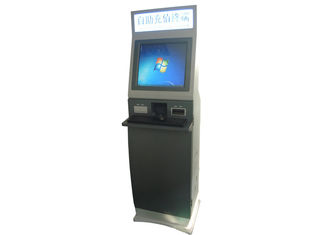
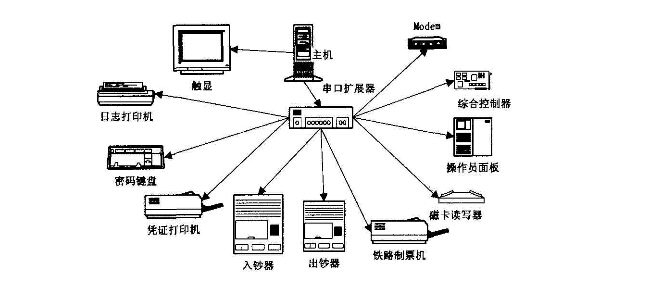

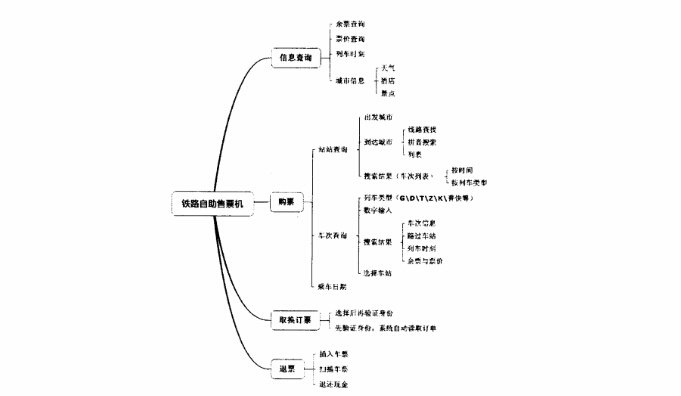
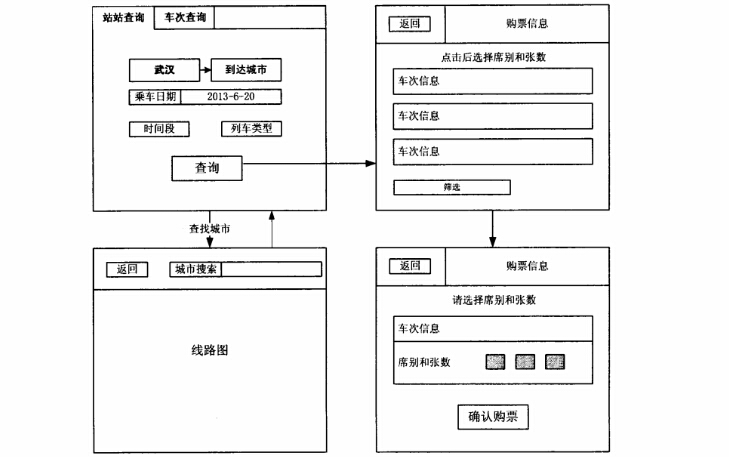
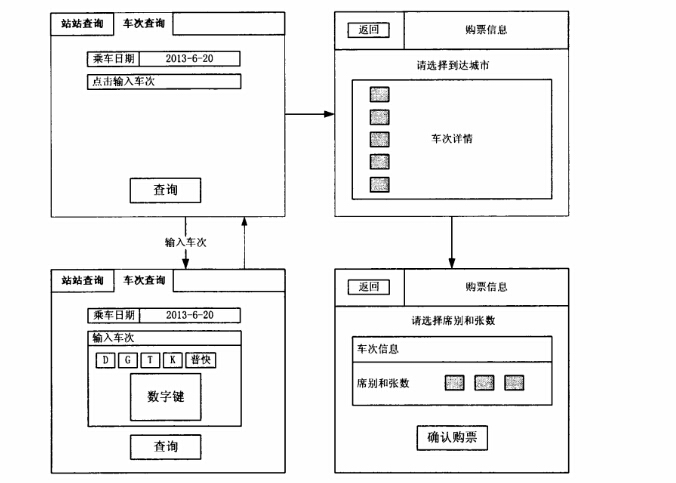
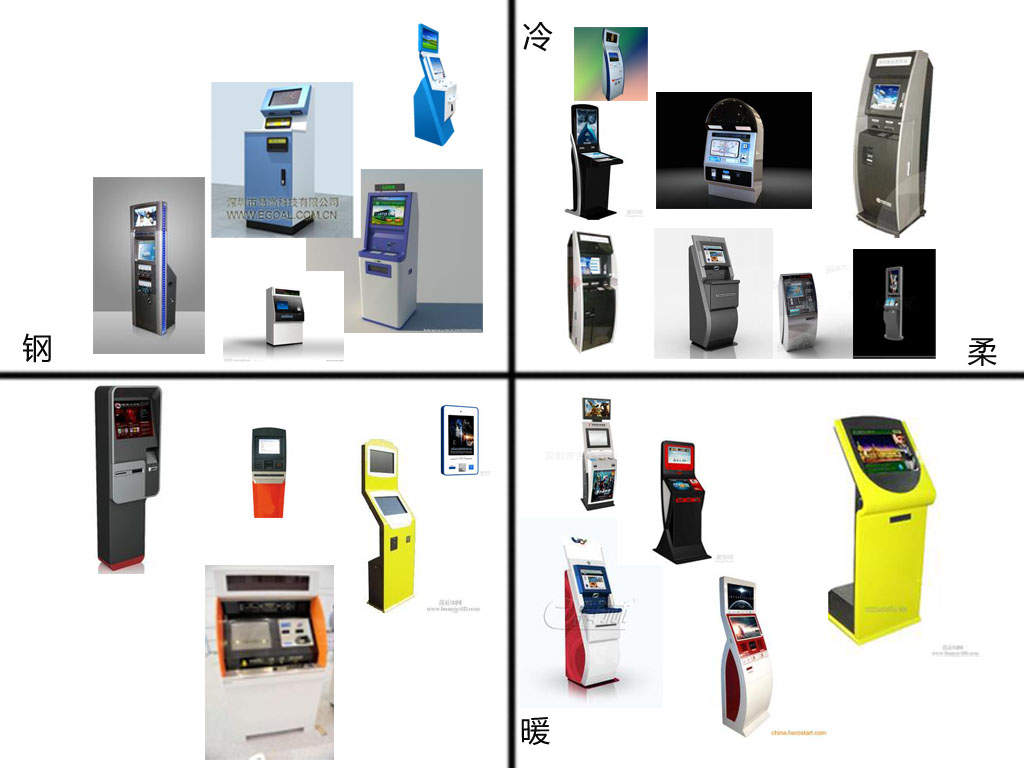
课题毕业论文、开题报告、任务书、外文翻译、程序设计、图纸设计等资料可联系客服协助查找。



